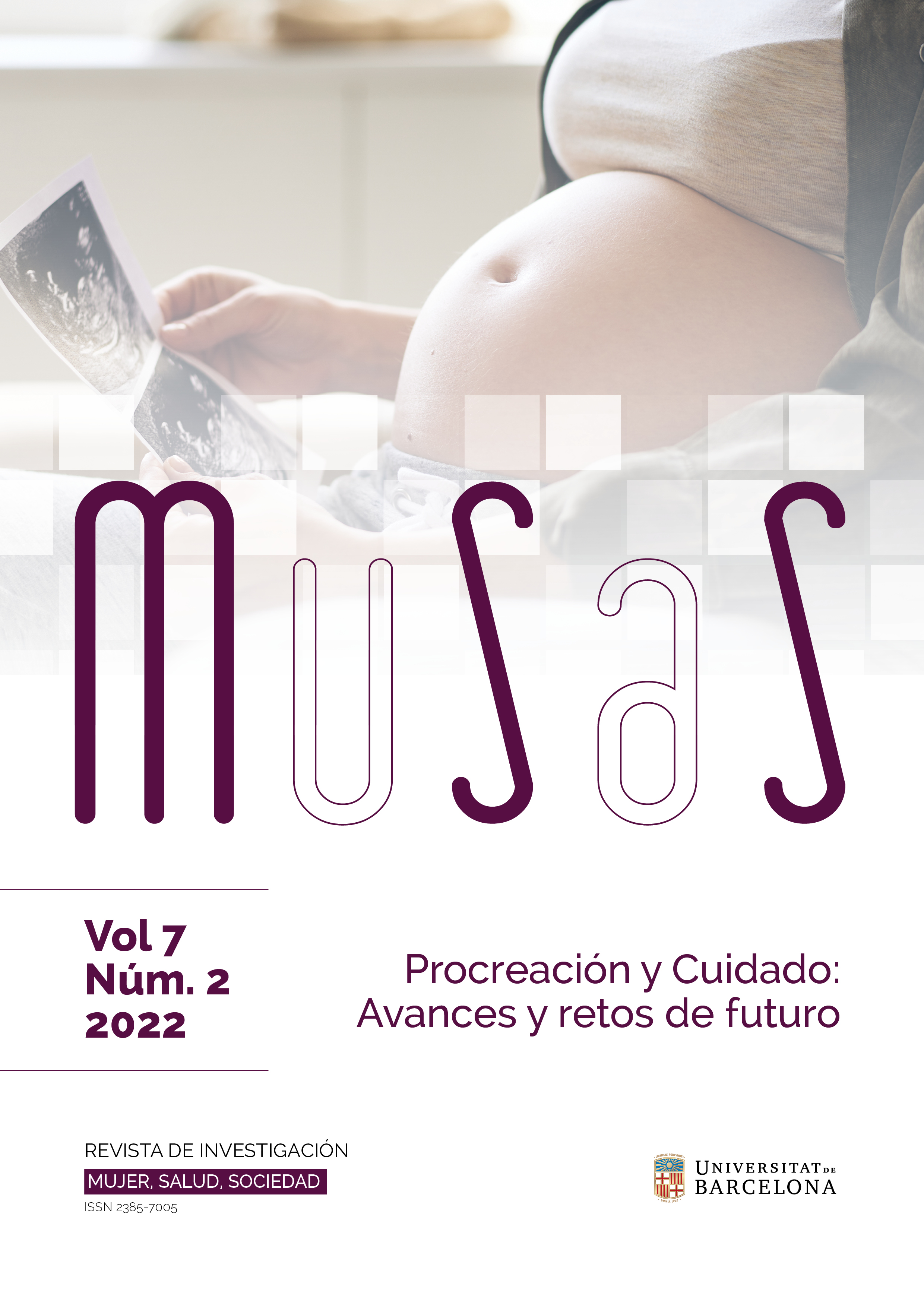Obstetric Violence in Uruguay. Challenges for the Protection of Women’s Reproductive Rights
DOI:
https://doi.org/10.1344/musas2022.vol7.num2.4Keywords:
Obstetric Violence, Reproductive Rights, LegislationAbstract
Aim. The aim of this article is to discuss the difficulties that the regulations on obstetric violence pose for a more structural approach to the problem, and to analyze the challenges they pose for women's reproductive rights. Materials and Methods. Our materials and methods include the content analysis of the regulations set forth in Uruguay regarding reproductive rights and gender-based violence in conjunction with the analysis of in-depth interviews conducted with lawyers specialized in obstetric violence. Results and Discussion. Although in Uruguay obstetric violence is legally defined and integrated as a further expression of gender-based violence, there are still difficulties with the implementation in the healthcare and judicial spheres. In our study, we found that current regulations establish vague premises without clear guidelines for the prevention and punishment of obstetric violence. On the other hand, we found that, although it was defined in the legal structure over four years ago, it has not yet been integrated into Uruguayan jurisprudence. Meanwhile, the healthcare field tends to ignore the existence of obstetric violence, but when it does address it, it does so as a merely relational problem between professionals and users. Conclusions. We propose that, in order to create public policies that prevent the emergence of this violence, it is necessary to take into account the structural dynamics that govern healthcare and legal practices. We must stop perceiving obstetric violence situations as merely relational problems and understand that they respond to the social rationales that cause gender-based violence.
Downloads
Published
Issue
Section
License
Authors publishing in this journal agree with the following terms:
- Authors hold the copyright, but MUSAS holds the right of first publication.
- Manuscripts will be disseminated with the Creative Commons CC BY-NC license, which allows sharing it with third parties as long as they recognize the authorship, the first publication right held by MUSAS and the license’s conditions






